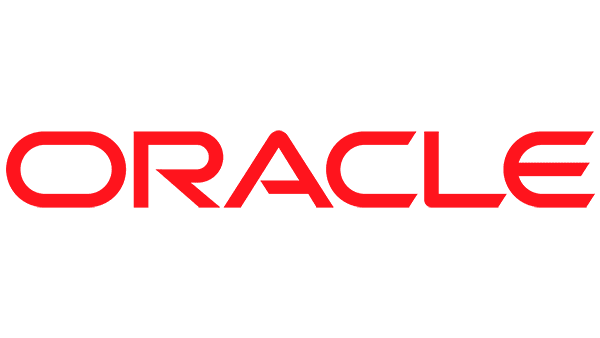In the ever-evolving landscape of Oracle Enterprise Performance Management (EPM), ensuring security and efficiency in your operations is paramount. This post explores the symbiotic relationship between the secure login process facilitated by EPM Automate and OAuth 2 authentication for REST APIs in Oracle Cloud Infrastructure (OCI) environments. By understanding and implementing these integral components, users can fortify the foundations of enterprise performance management and elevate their Oracle EPM experience.
EPM Login: A Gateway to Efficiency and Security
Establishing a Secure Connection with EPM Automate:
The EPM Automate utility offers a comprehensive approach to the login process, supporting various methods, including OAuth 2.0 refresh tokens crucial for OCI (Gen 2) environments. This aligns seamlessly with modern security practices, setting the stage for a secure Oracle EPM environment.
Key Points for EPM Login:
- Session Initiation: Ensures continuous, secure access throughout the user’s session.
- Security Considerations: EPM Automate prioritizes security, excluding support for SSO credentials to maintain robustness.
- Usage Guidelines: Whether using unencrypted passwords or encrypted files, the syntax for EPM login is versatile, accommodating various preferences.
Supported Environments:
The login command extends its capabilities across diverse Oracle EPM services, allowing users to seamlessly integrate this capability into their EPM environment.
Best Practices for EPM Login:
- Security: Prefer encrypted passwords or OAuth 2.0 tokens for heightened security.
- Proxy Server Configuration: Ensure accurate proxy server credentials for uninterrupted access.
- Update Alerts: Stay informed about EPM Automate updates to keep your application current.
Single Sign-On (SSO): Streamlining Access and Expertise
Understanding and setting up Single Sign-On (SSO) is integral to optimizing Oracle EPM Cloud.
Setting Up SSO: Overview:
- Selecting an Identity Provider: Identify a suitable IdP where user identities are managed.
- Configuring the IdP: Set up the IdP in both the applications requiring SSO.
- Registering Service Providers: Register the applications at the IdP.
- User Identity Management: Ensure user identities like email addresses are consistent across both platforms.
Specifics for EPM Cloud SSO
The majority of EPM Cloud instances typically employ Shared Identity Manager (SIM) for overseeing identity management. The procedure for activating Single Sign-On (SSO) in EPM Cloud is includes actions such as logging into the Oracle Cloud Account, configuring SSO within the Users tab, and assigning specific roles to users requiring SSO access.
OAuth 2 Authentication and the Future of EPM Security
Setting Up OAuth 2 Authentication:
- OAuth Client Registration: The initial setup requires interaction with the IDCS Administrator. Registering an OAuth client is a one-time process in IDCS, obtaining a crucial access token for authorizing REST API calls.
- Acquiring the Initial Refresh Token: This step involves user interaction. A refresh token, essential for obtaining an access token, is acquired and must be securely stored.
- Obtaining an Access Token from the Refresh Token: This step can be automated without requiring user interaction. The access token, serving as authorization for invoking REST APIs, is derived from the refresh token.
Security Considerations:
It is essential to securely encrypt and store both the client ID and any tokens. The REST client is responsible for ensuring the secure storage of both the refresh token and client ID. In the case of EPM Automate, an epw file serves this purpose.
Using the Access Token:
To invoke EPM Cloud REST APIs, the access token must be provided in the authorization header. The post includes an example illustrating this process, highlighting the security benefits of OAuth 2 and PARC Consulting’s vigilant management.
Conclusion: A Unified Approach to EPM Excellence
Effectively managing Oracle EPM is not just about adopting the latest tools but integrating them seamlessly. By incorporating EPM Automate and OAuth 2 authentication users fortify the security and streamline the management of their enterprise performance data.
In the dynamic world of Oracle EPM, a unified approach ensures not only efficiency and security but also expertise and ongoing support, setting the stage for a transformative EPM experience. This is where managed services come into play. PARC Consulting’s exclusive 90-day trial offers Oracle EPM users the opportunity to experience firsthand the benefits of expert advisory, consulting, and managed services.
By leveraging managed services, Oracle EPM users can:
- Ensure seamless system setup without the need for VPNs or cloud access.
- Receive unparalleled support and specialized assistance tailored to their unique challenges.
- Experience a significant transformation in their EPM systems within the trial period or get their money back.

